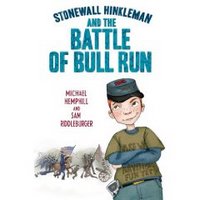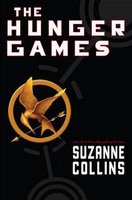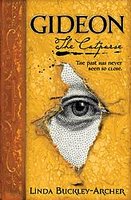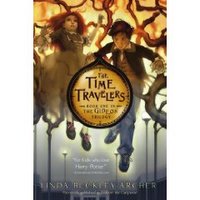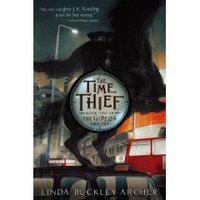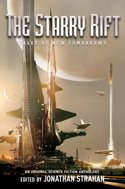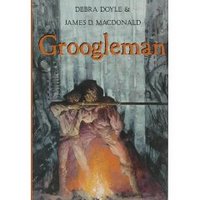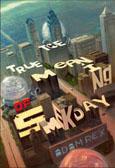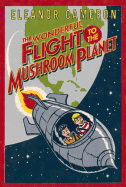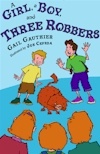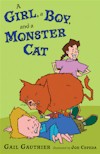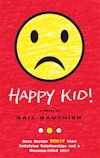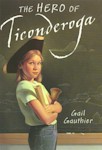Something More Specific Regarding Archetype And Stereotype
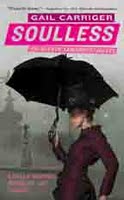
Today, folks, we will be discussing Soulless by Gail Carriger, for two reasons.
1. It is one of the 2010 Alex Award winners. That means it is a book written for adults that has special appeal to young adults, twelve through eighteen years of age. Once again, I just don't get this. This is a paranormal romance, mainly, about a twenty-six-year-old spinster living in a steampunk Victorian London who is warm for the form of a much, much older Scottish werewolf. What we have here is essentially a Georgette Heyer novel with vampires and werewolves and lots and lots of hot, steamy almost sex. Sure, plenty of teenagers will like it, just as I liked Georgette Heyer novels when I was a teenager. But I don't see how there's anything here that is of particular interest to teen readers. (Except for the almost sex.) No adolescent characters. No adolescent themes.
The people I think will really like this book are the adult women who've been reading the Twilight books for the sexual frustration. The sexual frustration in Twilight is really lame compared to what they'll find in Soulless.
2. Leila at bookshelves of doom brought up the familiarity of the characters. I, too, thought of the Amelia Peabody books in the opening chapters of Soulless. Both Amelia and Alexia, the main character in Soulless, are powerful Victorian outsiders partnered with powerful, highly cranky, if not close to violent, men with insatiable sex drives, and both women even carry umbrellas they use as weapons. But Leila's bringing up the characters in Soulless as "types" reminded me of my archetype vs. stereotype musings earlier this month. Is Gail Corriger merely tossing off some stereotypes in Soulless or is she messing with archetype? While Alexia- and Lord Maccon-type characters appear in plenty of Heyer and Heyer-type novels, is placing them in a steampunk werewolf story playing with the archetype or just plodding along with the stereotype? And while Lord Akeldama is a very stereotypical gay character, isn't he also the aristocratic fop from any number of Regency romances cranked up a great deal?
As J.L. Bell said in a comment, "Readers have different experiences, tastes, temperaments." Meaning that whether a character is viewed as a archetype or stereotype is subjective on the part of the reader. Or, as I said, "tomato/tomahto."
I don't know if I'll be reading any of the Soulless sequels because I don't know how long I will enjoy the male-lover-dripping-testosterone scenario. It seems like something that will get old really fast to me. (The same goes with the Amelia Peabody books.) However, I know one hairdresser who will be getting Soulless for Christmas this year.
Plot Project: Oh, definitely, this is a plot all about woman wanting werewolf. All the evil goings on are the obstacles to her getting him.
Labels: Reader response, science fiction
